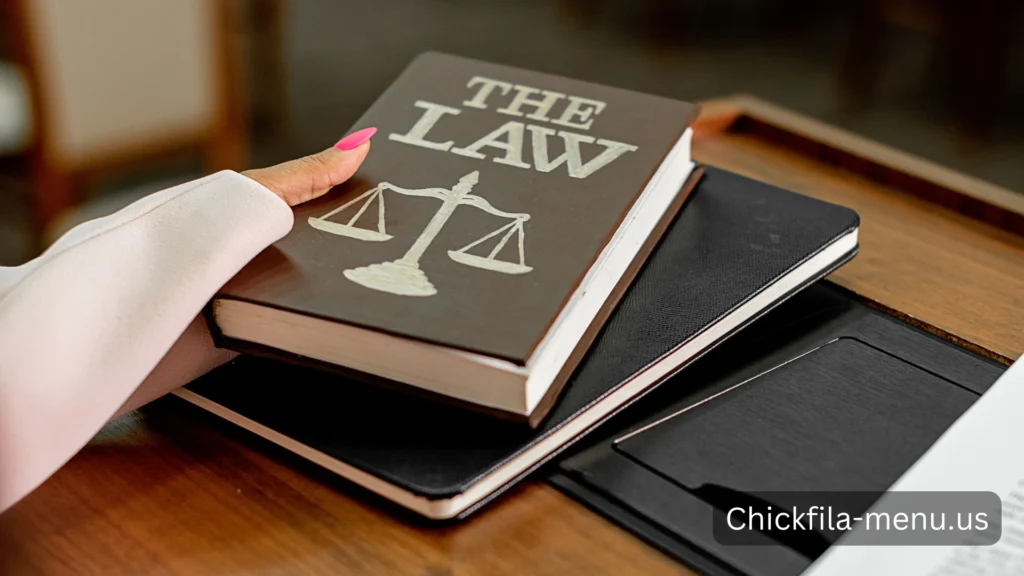Understanding Education Law: Foundations, Rights, and Modern Challenges
Education law is a dynamic and crucial area of legal practice that governs how educational institutions operate and how individuals—students, teachers, and administrators—interact within them. From the structure of public education systems to students’ rights and the evolving landscape of digital learning, education law impacts virtually every aspect of academic life.
This article explores the foundational principles of education law, key legal rights, and modern challenges facing the field today.
What is Education Law?
Education law refers to the collection of laws and regulations that oversee the organization and delivery of education in both public and private sectors. It encompasses a wide range of issues, including student rights, teacher responsibilities, school funding, curriculum standards, and the legal obligations of educational institutions.
At its core, education law ensures that educational systems operate fairly, transparently, and in line with constitutional and statutory mandates. It aims to balance the rights of individuals with the broader interests of the public education system.
Key Legal Principles in Education
- Right to Education
- Most nations recognize education as a fundamental right. In the United States, although the Constitution does not explicitly guarantee this right, state constitutions do, mandating free and equitable public education.
- Internationally, documents like the Universal Declaration of Human Rights (Article 26) affirm the right to education.
- Most nations recognize education as a fundamental right. In the United States, although the Constitution does not explicitly guarantee this right, state constitutions do, mandating free and equitable public education.
- Equal Access and Anti-Discrimination
- Laws such as Title IX in the U.S. prohibit discrimination based on sex in any federally funded educational program.
- The Individuals with Disabilities Education Act (IDEA) ensures that students with disabilities receive free appropriate public education tailored to their individual needs.
- Laws such as Title IX in the U.S. prohibit discrimination based on sex in any federally funded educational program.
- Freedom of Expression
- Students and teachers retain their constitutional rights within school environments, though these rights can be limited to ensure order and safety. Landmark cases like Tinker v. Des Moines Independent Community School District (1969) affirmed that students do not “shed their constitutional rights to freedom of speech or expression at the schoolhouse gate.”
- Students and teachers retain their constitutional rights within school environments, though these rights can be limited to ensure order and safety. Landmark cases like Tinker v. Des Moines Independent Community School District (1969) affirmed that students do not “shed their constitutional rights to freedom of speech or expression at the schoolhouse gate.”
- School Governance
- Local school boards, state departments of education, and federal agencies all play roles in regulating education. These authorities must adhere to both federal and state laws while setting policies and allocating resources.
- Local school boards, state departments of education, and federal agencies all play roles in regulating education. These authorities must adhere to both federal and state laws while setting policies and allocating resources.

Also check: Drive Social Media Lawsuit
Contemporary Issues in Education Law
- Digital Learning and Privacy
- With the rise of virtual classrooms, data privacy laws like FERPA (Family Educational Rights and Privacy Act) are more relevant than ever. Schools must protect students’ educational records and ensure secure digital learning environments.
- With the rise of virtual classrooms, data privacy laws like FERPA (Family Educational Rights and Privacy Act) are more relevant than ever. Schools must protect students’ educational records and ensure secure digital learning environments.
- School Safety and Discipline
- Legal debates continue over school policies related to safety measures, zero-tolerance discipline policies, and students’ rights during disciplinary proceedings.
- Legal debates continue over school policies related to safety measures, zero-tolerance discipline policies, and students’ rights during disciplinary proceedings.
- Equity in Funding
- Disparities in public school funding have prompted legal battles over how resources are allocated. Courts often examine whether funding formulas meet constitutional requirements for fairness and adequacy.
- Disparities in public school funding have prompted legal battles over how resources are allocated. Courts often examine whether funding formulas meet constitutional requirements for fairness and adequacy.
- LGBTQ+ Student Rights
- Legal protections for LGBTQ+ students have expanded in some jurisdictions, especially concerning anti-bullying measures, restroom access, and the inclusion of LGBTQ+ topics in curricula.
- Legal protections for LGBTQ+ students have expanded in some jurisdictions, especially concerning anti-bullying measures, restroom access, and the inclusion of LGBTQ+ topics in curricula.
The Future of Education Law
As education systems evolve, education law must adapt to new realities—whether they stem from technological innovation, cultural shifts, or global crises like pandemics. Lawyers, educators, and policymakers must collaborate to ensure that legal frameworks continue to protect students’ rights while promoting inclusive, effective learning environments.
Conclusion
Education law serves as the backbone of educational justice and access. By establishing clear guidelines and protecting individual rights, it not only supports academic achievement but also fosters democratic values and equal opportunity. Understanding this legal field is essential for anyone involved in education—from teachers and administrators to students and parents—because it shapes the very structure of learning in society.

Johnathan Miller, a passionate food enthusiast and digital entrepreneur, is the creative force behind Chickfila-Menu.us. With a deep love for Chick-fil-A and its diverse offerings, Johnathan embarked on a mission to create a comprehensive online resource for fans and newcomers alike. His goal is to provide an accessible platform where users can explore the full Chick-fil-A menu, discover nutritional information, and stay updated on the latest additions and promotions.




